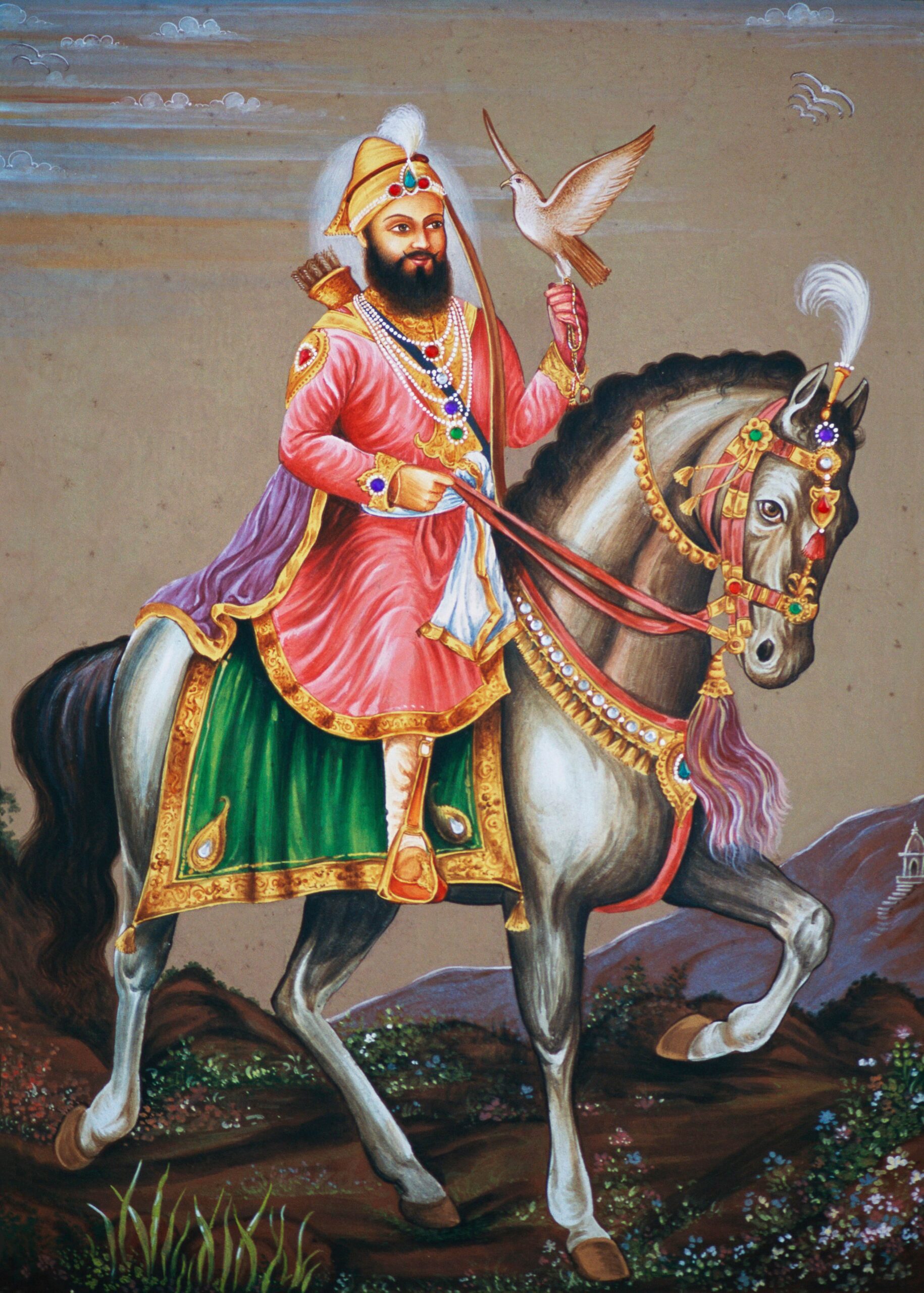Learning objective
- To explore how some religious laws are created in the Muslim worldview.
Success criteria
- I can identify some examples of religious laws
This content is for subscribers only. Join for access today.
Religious Education Council Curriculum Framework for RE in England (non-statutory guidance):
- A3: Explore and describe a
This content is for subscribers only. Join for access today.
Cross-curricular links
English
Spoken language
Pupils should
This content is for subscribers only. Join for access today.
Before the lesson
This content is for subscribers only. Join for access today.
Lesson plan
Recap and recall
Arrange the children in pairs and display the Presentation: What am I? Ask the children to read the descriptions and share the keyword they think is being described with their partner.
This content is for subscribers only. Join for access today.
Extended-mode explainer videos
How to extend your display to view the lesson page and preseantion mode simultaneously. Choose your operating system below to watch the video
If you need further support with extending your display,
please contact [email protected].
Extended-mode explainer video: For Mac
Extended-mode explainer video: For Windows
Adaptive teaching
Pupils needing extra support:
Could recap the story of Muhammad’s revelation from Allah using the Presentation: Presentation: The Angel Jibril visits Muhammad in the Year 2 Religion and worldviews lesson: What can a story tell us about why Muhammad is special to some people?; should use the Activity: Sorting actions and stories (support version), using the shading to help them identify the practices and sayings of Muhammad.
Pupils working at greater depth:
Could explore and present examples of how religious laws influence daily life in different parts of the world; could create scenarios for a partner to consider, where they discuss which Hadith saying a Muslim person might reflect on when making a decision
This content is for subscribers only. Join for access today.
Assessing progress and understanding
Pupils with secure understanding indicated by: sorting practices, actions, stories and sayings
This content is for subscribers only. Join for access today.
Vocabulary definitions
-
adhere
To act in the way that is required by a law, rule, belief or promise.
-
admiration
Feeling impressed or proud of someone.
This content is for subscribers only. Join for access today.
In this unit
Assessment - R&W Y5: Who should get to be in charge?
Lesson 1: How are laws created?
Lesson 2: How is a leader chosen?
Lesson 3: Where do religious laws come from?
Lesson 4: How did Guru Nanak choose a successor?
Lesson 5: When can someone become a leader?
Lesson 6: How can religious texts be leaders?




